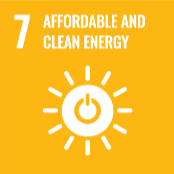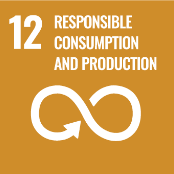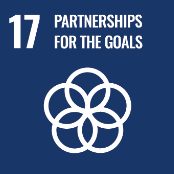Data from trusted sources like the IPCC and UNEP reports reveal the dire state of the climate crisis. Human activities have already driven global warming beyond 1.1°C above pre-industrial levels, causing rapid changes in the atmosphere, oceans, cryosphere, and biosphere. Unfortunately, current efforts fall far short of limiting global warming to safe levels, and we are projected to reach a temperature rise of 2.4°C to 2.6°C by the century's end. To tackle this pressing challenge, we need a transformative and holistic approach. Urgent action is required to transition to a fossil fuel-free economy and cut greenhouse gas emissions by at least 45% to limit global warming to 1.5°C. This entails rapid changes across electricity, industry, transportation, buildings, and food systems. Protecting natural ecosystems, adopting sustainable diets, improving farming practices, and decarbonizing supply chains are vital components of the solution. Addressing climate change demands collective efforts from governments, businesses, communities, and individuals worldwide. We must overhaul our economic and societal systems, prioritizing sustainability and reducing reliance on carbon-intensive activities. International cooperation, accessible financial resources, and inclusive governance are crucial for supporting vulnerable regions and communities. Tackling climate change is an urgent and shared responsibility. It necessitates immediate and ambitious action to reduce greenhouse gas emissions, safeguard vulnerable ecosystems, and foster resilient communities. By uniting our efforts, we can strive to mitigate the severe impacts of climate change and ensure a sustainable and livable future for generations to come.
Decrease our company's GHG emissions and overall carbon footprints while increasing the public's adoption of sustainable mobility.



















